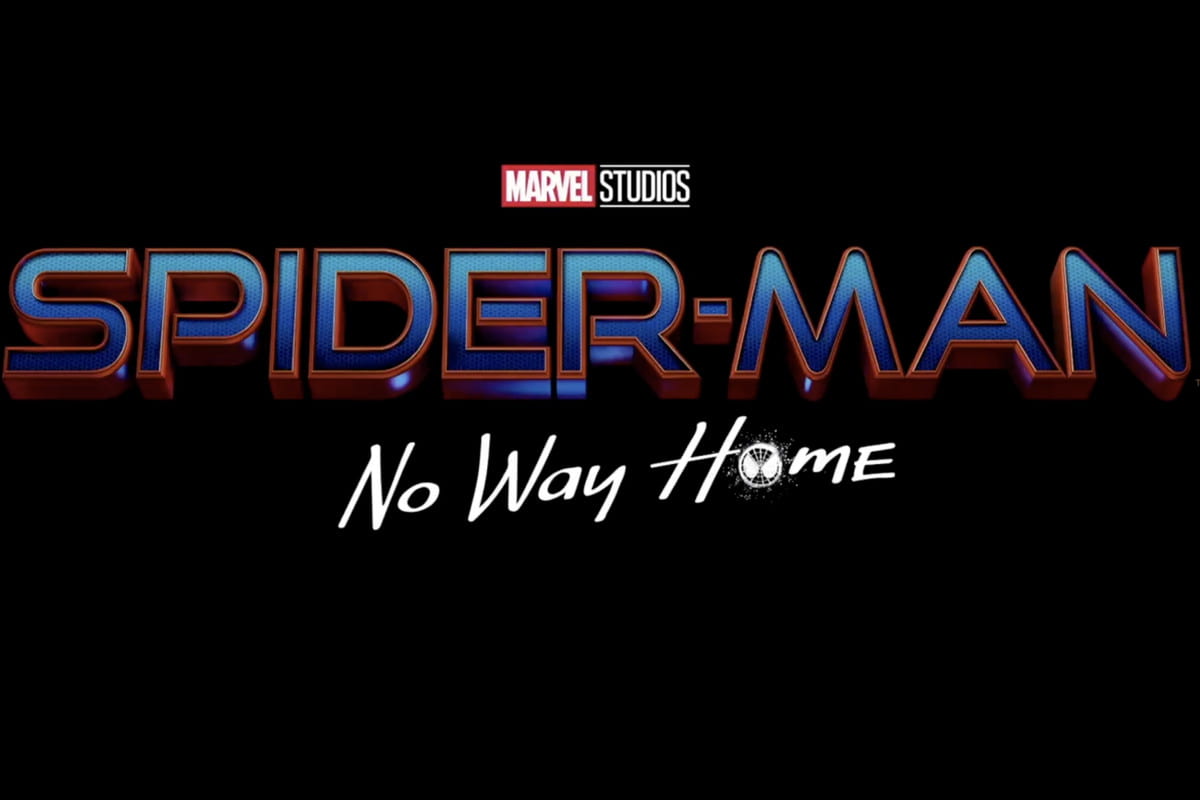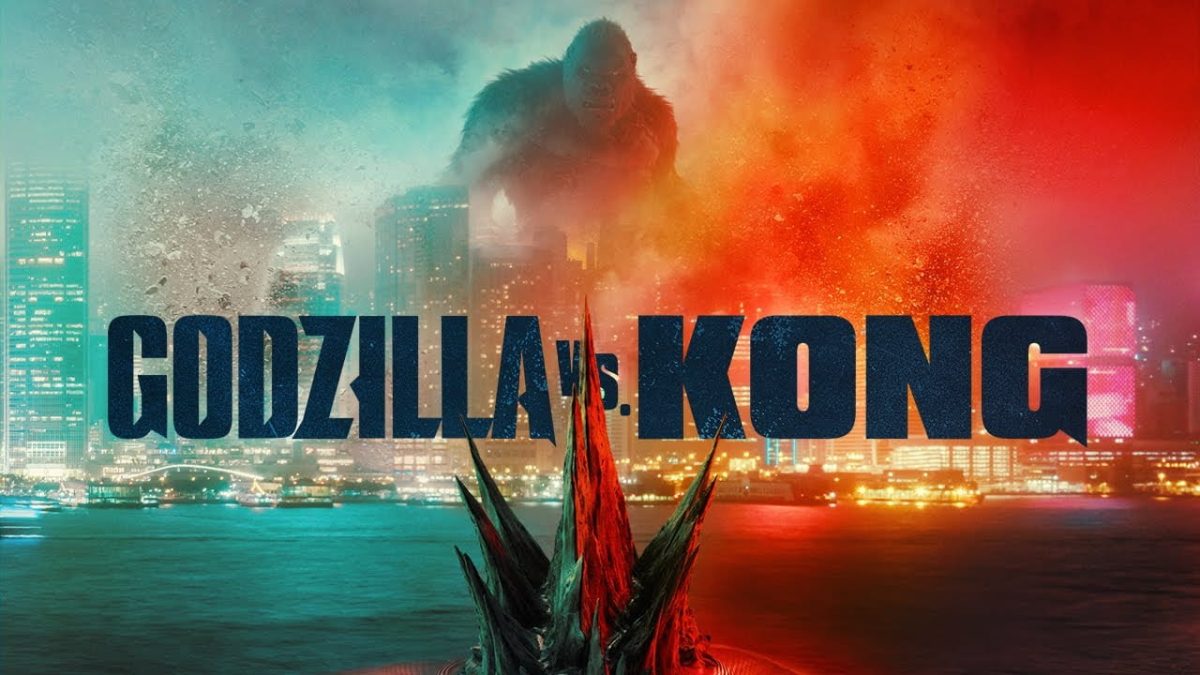by Felicia De Innocentiis|Staff Writer

Because freeing the slaves and keeping the United States from becoming two different opposing nations wasn’t enough for author Seth Graham-Meyers, he had to make one of our most beloved presidents, Abraham Lincoln, combat our favorite undead antagonists as well. And to be honest, it worked out a little too well.
“Abraham Lincoln : Vampire Hunter” is a historical fiction that attempts to explain the truth behind old Abe’s true motives for ascending to presidency, in which he is wicked vampire slayer out to keep the nation from being overrun. After unveiling that the slave trade was actually a ploy to traffic humans as food to the vampires, cleverly disguised with plantations, Lincoln makes it his goal to free these innocent victims and take down the vampiric hierarchy once and for all. This concept alone sounds incredibly far fetched and overdone to a point where I just don’t even spare it a passing glance on bookstore shelves. But if you lay aside the whole past vampire mania that we’ve been succumbed in the past four years and just take the story in as its own, it’s actually a rather cogent “what if?” tale that just enhances our admiration for the sixteenth president, for it places him in a flattering position of leadership and bravery against all kinds of evils than just Confederate “hicks.”
And the book would’ve been a bigger sensation, if it weren’t for those meddling fan girls.
Oh, American pop culture, why do we take icons we love and smother them into every nook and cranny of our lives to a point where they make us sick? Our tendencies to hyper-focus are so destructive, and we end up mass producing a great idea into a gratuitous farce. Graham-Meyers is also the writer of the critically-acclaimed “Pride and Prejudice and Zombies,” a novel that’s been reserved its own private quarters on my bookshelf for quite some time now. During its opening release, it really turned heads. A literary classic, a romance essential, warped and skewed into a revolutionary-era Night of the Living Dead. I absolutely loved it because it wasn’t just stealing character names, but it kept essential original elements and story lines and placed them into an alternate setting with more bolder, violent content value. It was truly entertaining, and because zombies and Jane Austen weren’t jaded, it got good credibility. The second he threw vampires into his repertoire, Graham-Meyers is labeled as jumping on the bandwagon.
Our parents can tell us a tale of how a long, long time ago, vampires were considered “scary” and “terrifying”, and they raked in plenty of fans and cash from cinema and television outlets. Take “Dark Shadows,” which I’ve recently discovered is not just another Tim Burton-Johnny Depp mixer (although it kind of is), but a reboot of the 1960’s soap opera of the same name. In it, vampire Barnabas Collins is awakened and rejoins his descendants in the late sixties. But he isn’t the only paranormal instance. The series was packed with other horror cameos such as werewolves, witches, ghouls and what have you. It was essentially The Vampire Diaries of the sixties. This series inspired many famed personalities, including Johnny Depp and Michelle Pfeiffer, and it was the only one of it’s kind at the time.
To be honest, vampires aren’t bad of characters at all. I love them, and in the right light they still can be plenty creepy, (don’t believe me, watch 30 Days of Night). It’s when publishers and producers try to over relate to my generation and turn something antique into contemporary. It really does become difficult to seperate the jaded from genuine. Moral of the story: don’t persecute the vampires, blame the industry.








